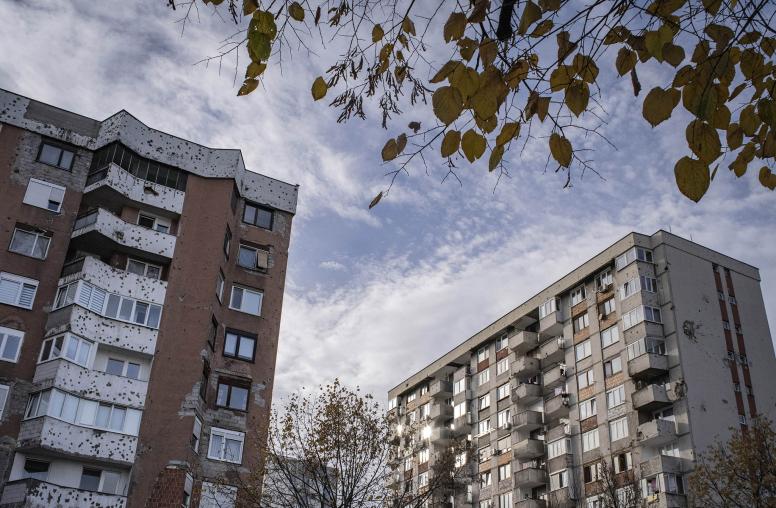Broadening the Aperture: International Religious Freedom, National Security and Peacebuilding
A Conversation with Ambassador at Large Rashad Hussain
Religious freedom, like other human rights, is strongly correlated with political stability. Around the world, the discrimination or targeting of religious minorities is associated with rising social tensions, intercommunal conflict, violence and even mass atrocities. Muslims in India, Rohingya in Myanmar, Uyghurs in China, Yazidis in Iraq, and Christians in Pakistan are all subject to forms of violence that have corollary effects on broader prospects for peace and stability — making it a U.S. national security imperative to defend and uphold the rights of those marginalized or targeted because of their beliefs.
On International Religious Freedom Day, USIP hosted a conversation with Rashad Hussain, the U.S. Ambassador at Large for International Religious Freedom, on why promoting freedom of religion and belief around the world is central to advancing U.S. national security — as well as how the United States can provide global leadership around this vital agenda.
Continue the conversation on Twitter using #IRFUSIP.
Speakers
Lise Grande, welcoming remarks
President and CEO, U.S. Institute of Peace
Ambassador Rashad Hussain
U.S. Ambassador At Large for International Religious Freedom, U.S. Department of State
Palwasha Kakar
Acting Director, Religion and Inclusive Societies, U.S. Institute of Peace
Peter Mandaville, moderator
Senior Advisor, Religion and Inclusive Societies, U.S. Institute of Peace



